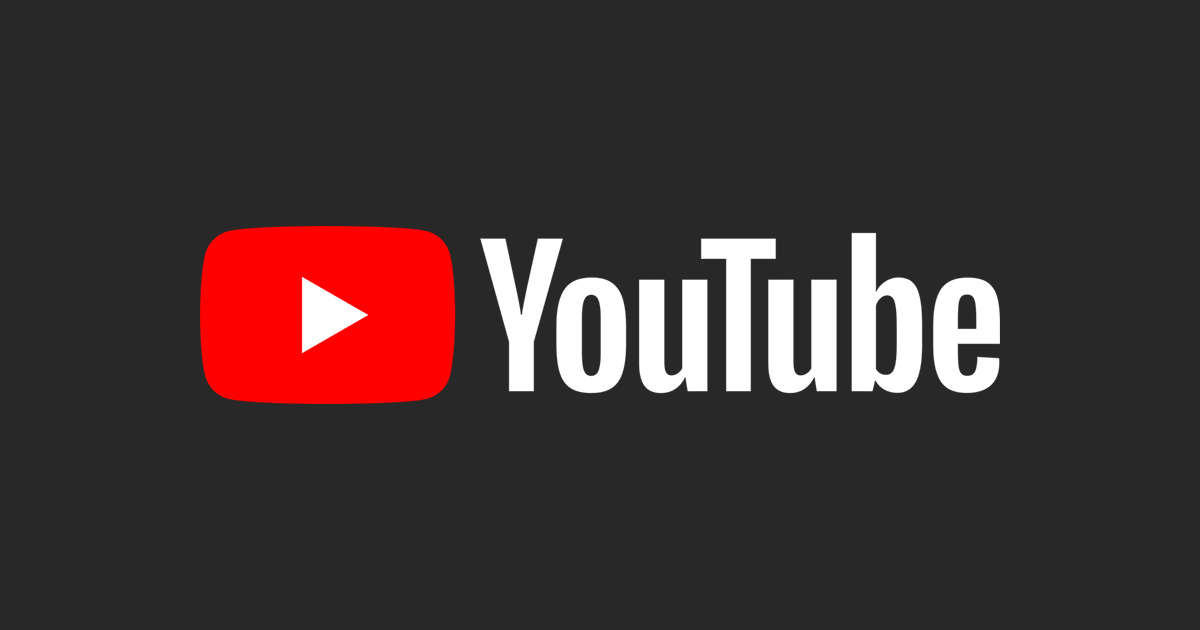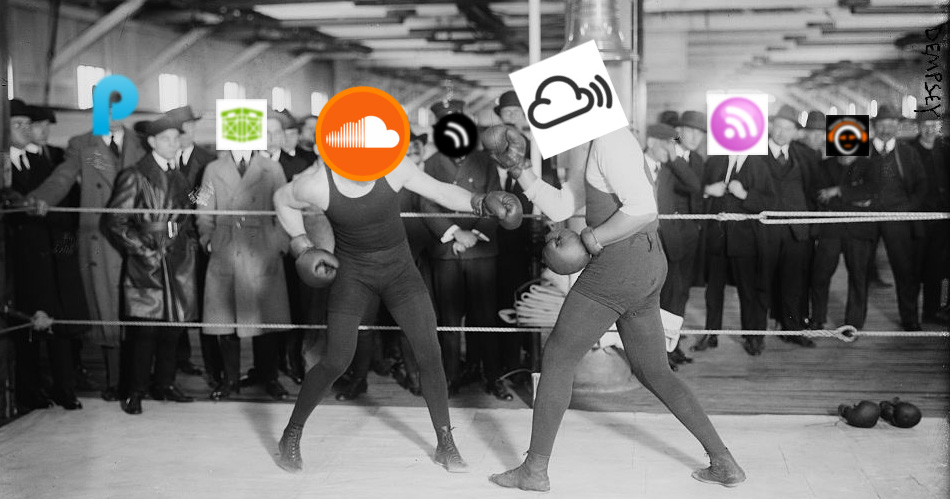YouTube
YouTube Adds Songwriter, Label, and Publisher Credits on Videos
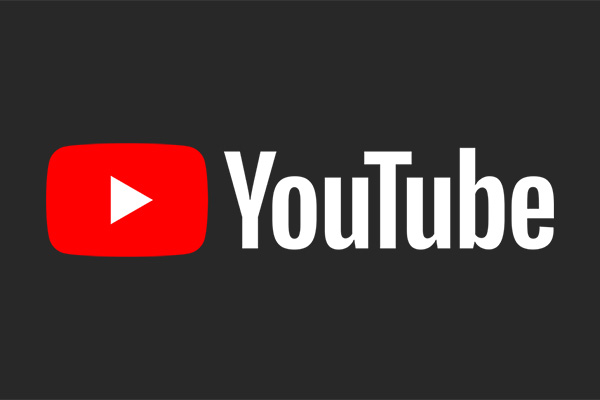
YouTube has added more information to the song credits on official and fan-uploaded videos that contain music.
Right now, if you click “show more” in a video’s description, you might see info about the songs in the clip. It could include the performer(s), songwriter(s) and any record label(s) and publisher(s) involved, as well as links to official artist channels and music videos.
According to Billboard, “[YouTube] said the new feature is driven by its Content ID system, which finds and monetizes user-uploaded videos for rights owners, and is aided by existing partnerships with labels, publishers and rights societies.”
Prominent music industry figures have praised the move.
“Songwriters are essential to the success of the music industry, but too often their critical role gets overlooked,” Sony/ATV Music chairman and CEO Martin Bandier said in a statement. “It is why I have long called for all online music services to properly acknowledge their contribution by displaying writer credits. This move by YouTube is an important step forward to deliver that goal and one which Sony/ATV welcomes.”
Elton John added that songwriters are the “heart and the soul of songs, so it’s wonderful seeing them get the credit they deserve. There is so much more we can do to establish a better situation for music creators and this is great step forward.”
The credits arrive as YouTube prepares to introduce its new subscription streaming service.
SoundCloud Versus the Alternatives
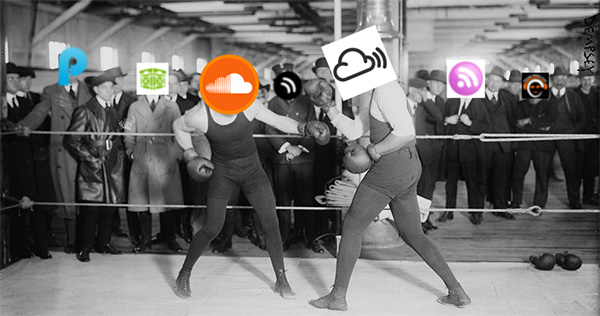
For a long time, SoundCloud was the number one choice for many DJs looking to host their mixes online. However, the company has stepped up copyright enforcement over the last year, and many DJs have had their mixes taken down, and even their accounts removed.
As DJs continue looking for alternatives, DJWORX has compared SoundCloud with its leading alternatives, including MixCloud, Mixcrate, YouTube, PodOmatic, and others. Their extensive breakdown looks at various aspects of each service, including audio quality, interface and cost. Check out their article here.
Related: Four Hours of Audio Is Uploaded to Mixcloud Every Minute
YouTube Music Key: Google’s New Subscription Service
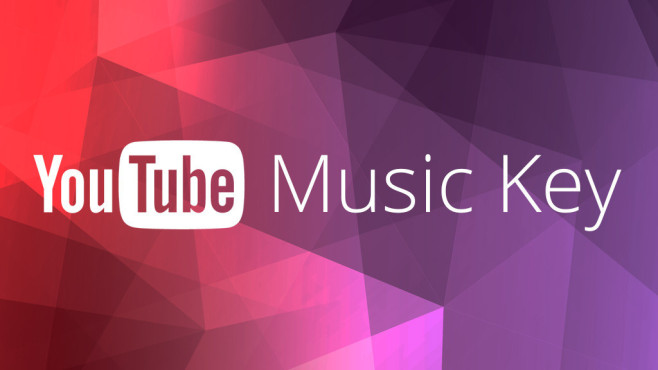
The Internet’s powerhouse of online video is preparing to launch its very own music streaming service called YouTube Music Key. Although they haven’t announced an official release date yet, analysts have already began to express both hopes and concerns for the service. Here’s a couple things to consider:
1. It could have access to diverse content. On average, YouTube is filled with 100 hours of content per minute. In terms of music, consider the number of originals, performances, covers, remixes, and mixes on YouTube. Music Key users could be able to access content that’s currently unavailable through competing services such as Spotify and Beats Music.
2. It could have attractive new features. Google owns YouTube, VEVO, Google Play Music, and Songza. Nothing is set in stone but Music Key might combine features from all four of these platforms, which could make it Google’s premier streaming service. Possible features include access to professionally curated playlists, the ability to create and share your own playlists, interactive and intelligent recommendation systems, and a fusion between high-quality audio and video content.
3. It won’t be free. YouTube has never charged users to watch or upload content. However, it’s been rumored that Music Key will cost $9.99 per month for its ad-free service. The big question is: how many YouTube users will be inclined to pay for the experience, albeit improved, after using YouTube for free for so many years?
4. It could be an attempt at appease labels. YouTube is currently the preferred music service for those 18 and younger so why would they release a new streaming service? Well, Google has been working closely with the music industry for years and wants to continue doing so. In order to legally upload music to YouTube, the company needs permission from labels and other rights holders. With labels eager to find new revenue streams, some analysts believe that Google is introducing Music Key in an effort to maintain a healthy relationship with the music industry. After all, the company has enough cash to develop a new service, split revenues with its music partners, and survive even if the service fails.
Related: SoundCloud Introduces Advertising for the First Time
Popular
-
May 23, 2023
The Best Remixes for Wedding DJs 2023

Wedding season has arrived! DJcity’s Remix Director Sir Marcus has put together a list of wedding-friendly tracks guaranteed to freshen up your DJ sets and...
-
December 22, 2023
Our Biggest Sale of the Year: Join DJcity for $1 🚨

We just launched our biggest sale of the year! Get 90% off a DJcity membership and join for just $1 (regular price $10) for the first month when you check...
-
February 15, 2022
New DJcity Pricing Plans Now Available

Here at DJcity, customer satisfaction is crucial, and therefore we always take input and feedback from our customers and DJ community very seriously. Due t...
-
December 18, 2023
Top 30 Remixes, Bootlegs, and DJ Edits of 2023
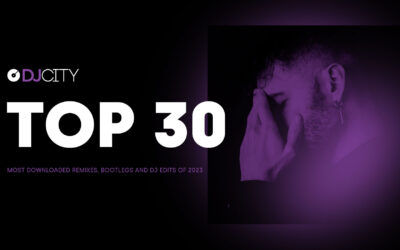
ATCG. Last Thursday, DJcity revealed its most downloaded tracks of 2023. Today, we dive deeper to uncover the most popular remixes, bootlegs, and edits of...
-
April 12, 2024
New and Notable Tracks: Apr. 12

New tracks that DJs should know about.
-
July 6, 2022
Afrobeats and Dance added as Main Genres on DJcity

At DJcity, we are always working to make sure that the way our record pool functions reflects the needs of our users. Therefore in our latest update, we sw...
-
June 4, 2020
50 Cent’s ‘In Da Club’ Remixed by Mr. M!X: DJcity Exclusive

Mr. M!X. (Source:Instagram) Dutch DJ/producer MR. M!X has delivered a remix of 50 Cent's birthday anthem "In Da Club." The moombahton-inspired flip is avai...
-
November 24, 2015
2 Chainz Releases ‘BFF’ Video Feat. Jeezy

2 Chainz released the remix of "BFF" featuring Jeezy two weeks ago, and today he returns with visuals to go along with it. The video for the Zaytove...
-
June 29, 2015
Skrillex and Diplo Drop ‘Where Are U Now’ Video Feat. Justin Bieber

Some fans were skeptical when they discovered that Skrillex and Diplo's debut Jack U album includes a song with Justin Bieber. "Where Are U Now" has...
-
January 21, 2020
Watch The Weeknd’s ‘Blinding Lights’ Music Video

The Weeknd has released a video treatment for his Max Martin-produced hit "Blinding Lights." The song peaked at No. 11 on Billboard's Hot 100 chart. The da...

